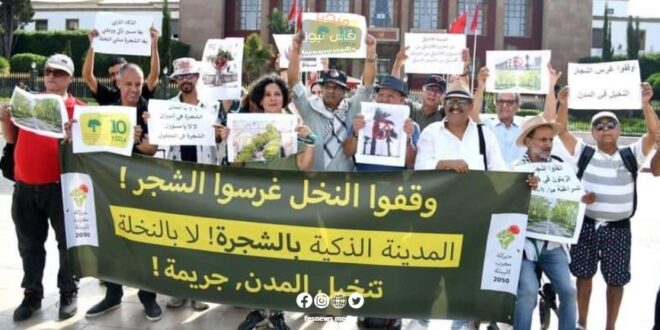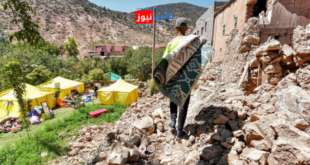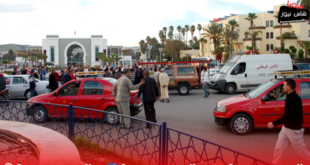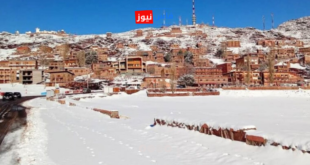Recent widespread campaigns to plant palm trees in major Moroccan cities have sparked a significant controversy over the environmental impact of this move. These campaigns, which include cities such as Rabat, Casablanca, Agadir, Marrakech, and Fes, have seen local councils removing existing trees and replacing them with palm trees.
This trend contradicts Morocco’s previously announced environmental commitments, especially following its hosting of the “COP 22” climate conference, where the country was expected to plant one million trees in urban areas. This shift raises serious questions about local authorities’ adherence to national environmental goals.
The environmental movement “Morocco Environment 2050” has warned against the dangers of planting palm trees outside their natural habitat, considering it an “environmental crime” against current and future generations. The movement explained that palm trees, when planted in urban areas, do not provide the same environmental benefits as other trees, such as absorbing carbon dioxide, purifying air, and producing oxygen.
Environmental analyses indicate that planting palm trees in cities may lead to negative consequences, including:
- Soil salinization
- Depletion of water resources
- Negative impact on local biodiversity
In light of these concerns, environmental groups are calling for a reconsideration of urban forestation policies, focusing on planting native species that are compatible with each region’s natural environment. They also emphasize the need to follow sustainable agricultural practices that maintain environmental balance and support biodiversity.
The environmental impact assessments highlight that palm trees, when planted outside their natural habitats, fail to provide crucial ecological services such as carbon sequestration, air purification, oxygen production, dust retention, humidity regulation, climate moderation, flood protection, soil stabilization, and erosion prevention.
In conclusion, there appears to be an urgent need for a national dialogue on environmental policies in Moroccan cities, and the necessity to balance urban aesthetics with pressing environmental needs, especially in light of the increasing climate challenges facing the region and the world.
This situation underscores the importance of aligning local urban development initiatives with broader national environmental strategies, ensuring that city beautification efforts do not come at the cost of ecological sustainability. As Morocco continues to position itself as a leader in environmental initiatives in Africa, addressing these concerns will be crucial for maintaining its credibility and achieving its long-term environmental goals.
 فاس نيوز ميديا جريدة الكترونية جهوية تعنى بشؤون و أخبار جهة فاس مكناس – متجددة على مدار الساعة
فاس نيوز ميديا جريدة الكترونية جهوية تعنى بشؤون و أخبار جهة فاس مكناس – متجددة على مدار الساعة













